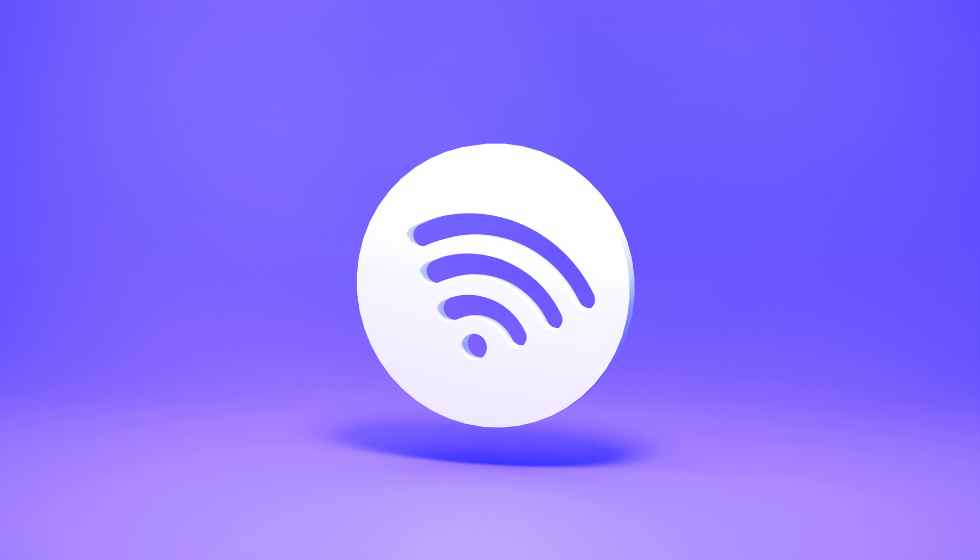Over the years, and with the consequent advancement of technology that continues, it is increasingly more challenging to think of a house that needs an Internet connection. However, this does not imply that the speed of the Wi-Fi network that we have connected to is always ideal for the user.
If you have this problem frequently, it is probably related to the quality of the equipment or even the service you have contracted. A series of tricks to put into practice will help improve Internet performance and, consequently, browsing quality.
Look at the consumption
Maintaining sight of Internet consumption is vital so that it stays intact -especially if you are teleworking. To prevent this, one option is to limit access to streaming platforms through the computer -now there are smart televisions that allow you to download the ‘apps’ from these platforms- or perform any download only when it is being used. Internet for professional or educational purposes.
Change router
If the router you have at home has been the same for several years, it may be time to change it, and you will have to do the same if you have recently upgraded your Internet speed. Contact your operator to inform them of the situation, and if they are not willing to provide you with another device, you can always buy one at any computer store.
Could you place it in a strategic place?
For the router to work optimally, nothing must interfere with its connection, so the right place to place it must be chosen, considering that it should ideally be in a high place, centrally located near the home, and without obstacles preventing obstacles to the expansion of the Wi-Fi signal. Also, if you have an antenna, it should be upright.
Use less crowded channels
European routers use 13 channels that operate between 2,401 and 2,483 MHz. This means that if you live in a large building, it is likely that you are using the same channel as many of your neighbors, and this could be affecting your signal range. For this reason, applications such as Wi-Fi Analyzer allow you to investigate the status of the channels around you and determine which is the most recommended for your use.
Use the amp
Once the router is installed, you have to ensure it has enough power to reach all the rooms in the home. If, in some places, the signal is weak or intermittent, it is best to use an amplifier that allows you to expand the coverage area and improve the user experience.
Switch to 5GHz
First, you must consider whether the router has the 2.4GHz and 5GHz options to connect to the available Wi-Fi network. The difference between the two refers to Internet speed and coverage, since while 5GHz can reach up to 287 Mbps, 2.4 GHz only reaches 50-60 Mbps. Therefore, even though the 5GHz option has a shorter range, increasing your internet speed will be a good choice.
Compare the packages of the different operators
Sometimes comfort leads one not to consider a change of company. However, the offers in the market are constantly changing. If you are not completely satisfied with the Internet performance you have contracted, it is best to do a detailed investigation of the packages of the different operators. Remember that fiber is usually the fastest, and speeds less than 50MB are not recommended.
